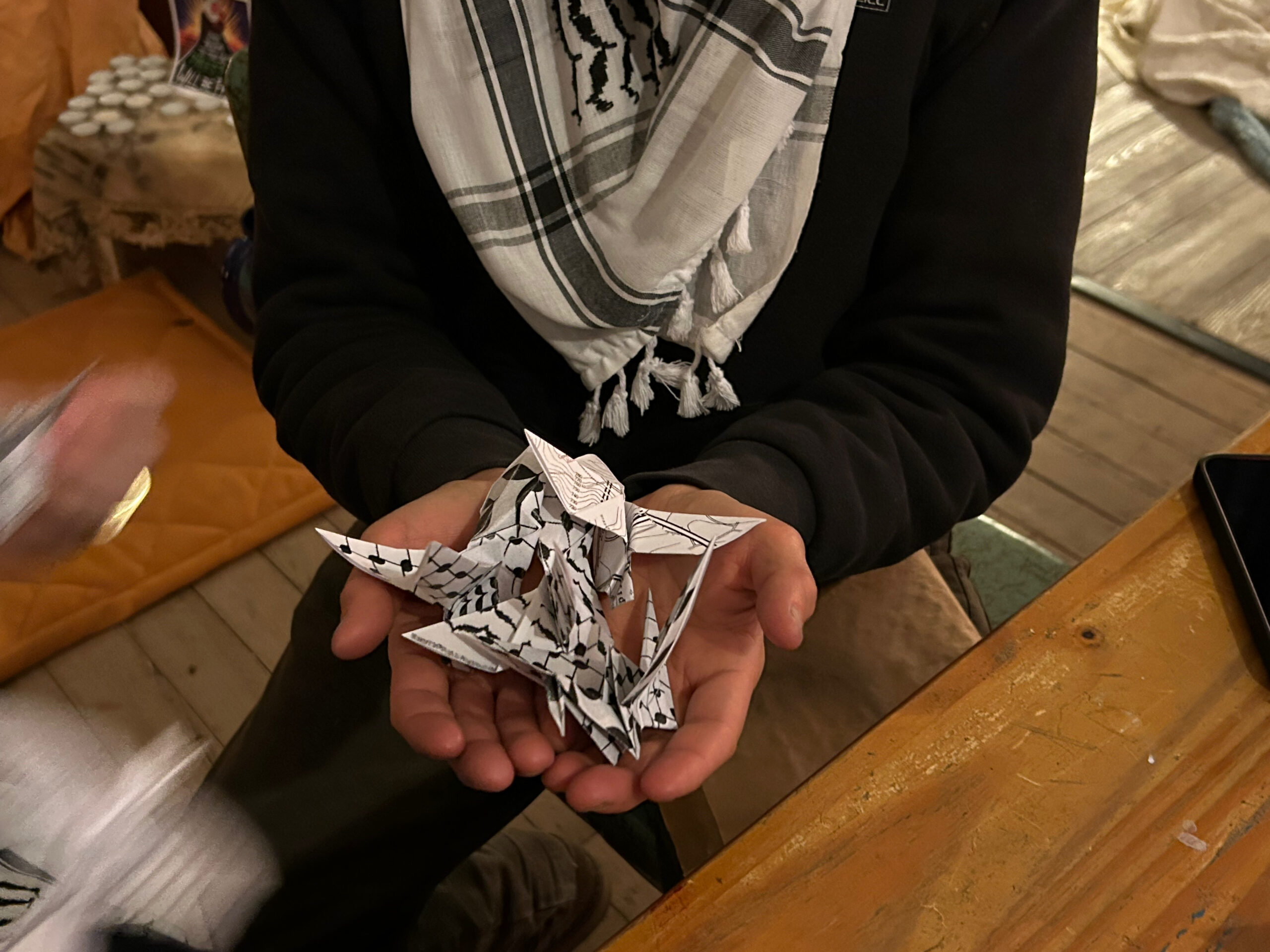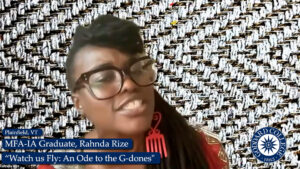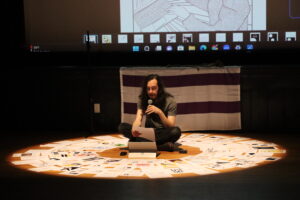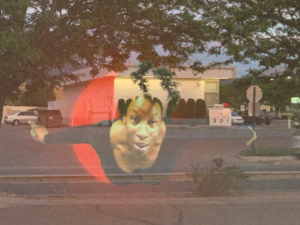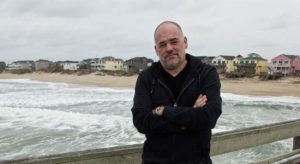 Because Yearning and Dread is the theme of our upcoming Goddard residency, I’ve been thinking lately about the role these emotions play in my own writing, and as I look back over my fiction, particularly my novels, it seems pretty clear that the yearning and dread that fuel my work revolve around my parents.
Because Yearning and Dread is the theme of our upcoming Goddard residency, I’ve been thinking lately about the role these emotions play in my own writing, and as I look back over my fiction, particularly my novels, it seems pretty clear that the yearning and dread that fuel my work revolve around my parents.
Is this unusual, given a writing career that spans more than thirty years? I don’t believe so. Actually, it makes perfect sense. The parent-child relationship is as primary to all of us as it is innately irreconcilable: we are made of our parents, yet we are not them. For many of us, our deepest yearnings and dreads stem from this conundrum. In my case, I seem to keep coming back to the yearning to know my inscrutable father and to the dread of discovering the true reasons why he resisted being known.
My father was fully aware of my quest to understand him. He gave me just enough clues over the decades to keep me coming back for more. Then, two weeks before he died, he asked me to bring him a box.
Given the ailing state of his ninety-five-year-old mind, he couldn’t tell me what this container looked like or where it was located. He did say that it held a fortune, which I interpreted to mean that he’d kept, hidden, and lost some personal treasure, which he now urgently wanted to recover. It was no small thing that he’d authorized me to dig for it.
My father was a hoarder, dedicated and secretive to the point of neurosis about his belongings. Most of these came from the local thrift shop, but amid the piles of junk lurked evidence of Dad’s childhood in Shanghai, his acting career in Hollywood in the 1930s, his early days as a journalist and wartime filmmaker, and his quarter century working in various positions at the United Nations. There were also letters, photographs, and artifacts connected to his father, who’d remained in China — “behind the Bamboo Curtain,” as we used to say — after the Communist takeover in 1949.
I’d always been fascinated by the mystery of this Chinese grandfather and his marriage to my Kansas-born grandmother in 1906. Could they help me understand my father? Two of my novels were based on the bits and pieces of family lore that I managed to pry from Dad’s grip. Most of the factual details in these stories, however, were drawn from outside sources, including two of my grandfather’s books, which I found in the East Asian archives at UCLA. My Chinese grandfather, it turned out, had been not only a revolutionary politician but also a classical poet of considerable renown in pre-Communist China. Dad did not deny that. He simply never discussed it.
This reticence bewildered us all – my mother, older brother, and me. Did my father have something serious to hide, or did some fluke in his nature render him incapable of self-revelation? Unlike my mother and brother, both born storytellers who loved nothing more than to enthrall an audience, Dad was the king of monosyllabic answers, especially when asked about his personal background, and particularly when queried about life events before 1953, the year he was naturalized as a U.S. citizen and, coincidentally, the year I was born. “Oh, it was all right,” he’d say. Or, “It was so long ago…” And yet, if you asked him the date that Haile Selassie rose to power in Ethiopia, or the name of any prime minister in Europe between 1900 and 1970, or the models of aircraft used as bombers during either World War, he’d produce the correct answer without hesitation. If he couldn’t, he’d berate himself without mercy.
My father allowed himself no excuse for misplacing an objective fact, and no reason to remember a subjective one. It sometimes seemed as if his default setting was to erase his own life. This did not sit well with my mother, who, as his wife of more than sixty years, considered herself to be central to that life. Whatever he was hiding simultaneously involved and excluded her.
With me, it was a little different, and this may have explained why he entrusted me alone with the mission of finding his lost treasure. In temperament, I’d always been my father’s daughter. We both could waste days on minutiae: the placement of a comma, the location of a lost paper clip, a synonym for “practical.” We both treated rules and laws as iron-clad commandments, and we were persistent to a fault. Each year of my childhood at Christmas, the two of us would stay up alone, late into the night, silently bent over the living room coffee table until one of us slipped the thousandth piece into our annual jigsaw puzzle. “There,” we’d say in unison. “Perfect job.”
We craved the illusion of perfection. Order. Excellence. The paragon of virtue. Instinctively, or so it seemed, we yearned to be right and thereby free of our abiding dread of criticism. Over time, assisted by a host of failures and recoveries, I would come to realize that true perfection is not the same as flawlessness. Rather, it’s a state of grace that forgives and even welcomes deviation from the straight path between “right” and “wrong.” Instead of conforming to expectation, it liberates the soul. But it’s taken me most of my life to reach this counterintuitive view of perfection, and I don’t know that my father ever did. He was too hamstrung by guilt over past transgressions and shame over humiliations that he could no longer recall. Simultaneously squeezed and torn by competing loyalties his whole life, he saw impeccability as a way out.
Still, I sensed his yearning for true perfection – or was it redemption? — in his missing box. I was determined to recover it for him. And when I did, I had the basis for yet another novel.

